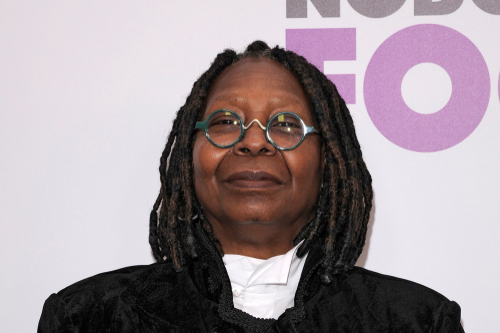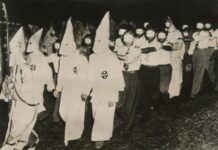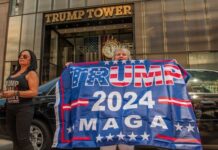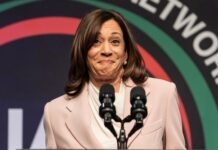
In a recent episode of a popular daytime talk show, the co-hosts engaged in a heated discussion about the current political climate and the potential consequences of future elections. One of the hosts, a well-known actress and comedian, expressed her concerns about the waning faith in American democracy and the implications of a particular candidate returning to office.
The conversation took a dramatic turn when the host suggested that if the former president were to be reelected, he would establish camps for those who oppose him. This hyperbolic claim has sparked a significant backlash, as it paints a dystopian picture of a future under his leadership, suggesting a severe departure from democratic norms and civil liberties.
Whoopi Goldberg says Trump will put people who don’t support him in camps if he’s elected President again.
These people are legitimately insane. pic.twitter.com/RwlBFK18az
— Robby Starbuck (@robbystarbuck) January 10, 2024
Critics argue that such statements are not only baseless but also irresponsible, as they may incite fear and division among viewers. The assertion that individuals would be forcibly placed in camps is a serious accusation and one that requires substantial evidence to support, which was not provided during the segment.
Furthermore, the host’s comments on the economic concerns of Americans were met with criticism. She chastised citizens for allowing financial worries to influence their voting decisions, implying that these concerns would be trivial in the face of the alleged authoritarian measures she predicts. This has been perceived as dismissive of the legitimate economic struggles many Americans face daily.
Whoopi on The View pleads with Liz Cheney to run third party claiming Trump wants to be dictator for life:
"If he ever gets in again we'll never have any more elections. There will be no more. He will stop it and he's very clear about that. He wants to be dictator for life!" pic.twitter.com/sOjFoyhK6j
— Charlie Kirk (@charliekirk11) January 10, 2024
The debate continued with a call for open borders, a stance that remains a contentious issue in American politics. The host advocated for a more inclusive approach to immigration, contrasting it with the fear-mongering rhetoric she attributes to the former president.
This televised moment has once again highlighted the deep political divide in the country and the role media personalities play in shaping public discourse. While some viewers may align with the host’s perspective, others see it as an example of extreme rhetoric that contributes to polarization rather than constructive dialogue.
As the political landscape continues to evolve, it is crucial for public figures to weigh their words carefully and consider the impact they may have on their audience. Sensational claims and divisive language serve only to further entrench the divides within our society, making it harder to find common ground and work towards a united future.
In conclusion, while television can be a platform for raising important issues and fostering discussion, it also has the power to misinform and alarm. It is the responsibility of those with a public voice to ensure that their contributions to the national conversation are grounded in fact and presented with consideration for their potential consequences.












